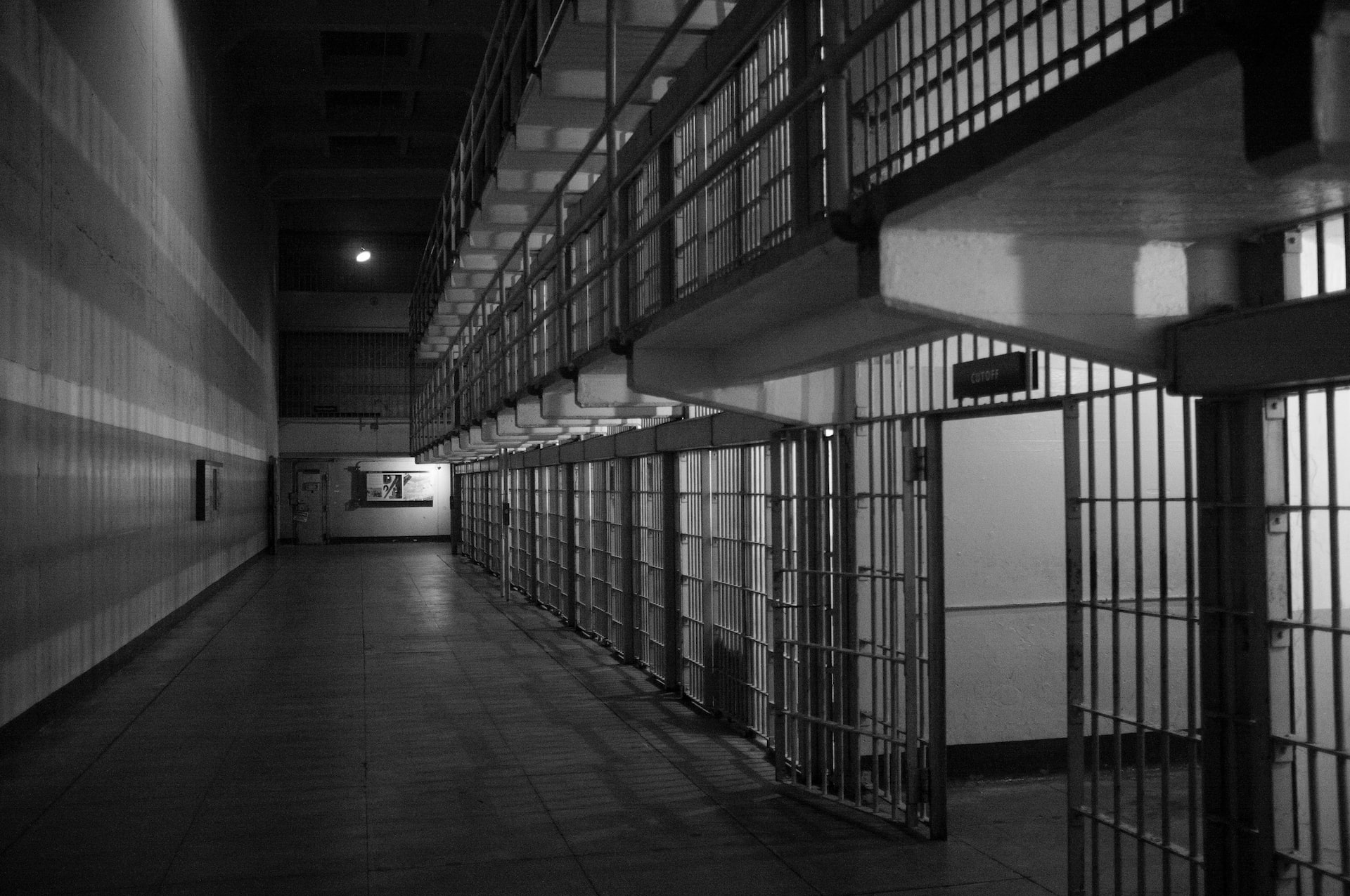Federal Inmates to Be Released Under ‘Time Credits’ Program
Back in December 2018, then-President Donald Trump signed the ‘Time Credits’ law. This program allowed inmates to be eligible to earn time credits, which would then reduce their sentence based on the following instructions – 10 to 15 days of credit for every 30 days of participation in prison programs to reduce recidivism.
When Will the Law be Implemented and Who is Eligible?
Now, the Justice Department has announced that it will be transferring thousands of inmates under this law. According to the department, the law will encourage inmates to take part in programs aimed at reducing the repetition of offenses, which could eventually lead to an earlier release from prison. It will also ease the mandatory minimum sentences and give judges more discretion in sentencing. Types of programs include:
- Anger management
- Drug treatment
- Educational work
- Social skills classes
All of these programs could help in the rehabilitation of the inmates.
The implementation of the finalized rule began in January with inmates whose time credits exceed the days left in their sentence, are less than one year from release, and have a term of supervised release. Transfers are now underway, and it is expected that there will be more ahead as staff applies time credits to inmates’ records.
Changes Made Before the Announcement
Two months prior to the Justice Department’s announcement, the department’s inspector general revealed that the Bureau of Prisons had not applied earned time credits to approximately 60,000 federal inmates who had completed the programs. Michael Carvajal, the director of the prison agency, announced that he would be resigning from his position in the face of heavy criticism over his leadership, just a week before the announcement regarding the program.
Problems Slowing Down the Process
NYC federal crimes lawyer Jeffrey Lichtman explains, “There has been a significant staffing shortage at the bureau for years. This caused people to be pulled away from their primary duties, making it more difficult to implement the First Step Act. Prison staff members like the teachers, cooks, and nurses are being forced into service as correctional officers due to staffing issues. This gives them less time to teach classes, review release paperwork, and provide the inmate services that they were originally supposed to.”
Additionally, the Biden administration has faced pressure from both Democratic and Republican lawmakers to work harder to implement additional aspects of the First Step Act.
Steps Being Taken to Streamline the Process
The Justice Department stated that the number of eligible programs has increased, and if inmates are unable to participate in them for reasons beyond their control, they will not be punished for it. Simultaneously, the department has also been working for months to try to improve the bureau staffing situation.
A tool known as PATTERN or the Prisoner Assessment Tool Targeting Estimated Risks and Needs is designed to assess all inmates using a specific algorithm to determine if they present a high, medium, low or minimum risk of reoffending. This is also being employed to get a better assessment of the situation.
What Happens Next?
Once inmates are released, they will be sent to supervised release programs, home confinement, or transferred into the bureau’s residential reentry centers, also known as halfway houses. The law allows inmates to earn time credits back to 2018, which is when the First Step Act was enacted.
There have also been changes in the bureau’s definition of a “day” of credit due to the implementation of this rule. A proposed version in January 2020 suggested that inmates must participate for eight hours in certain academic programs or prison jobs to qualify for a single day’s worth of credit. According to advocates, the finalized definition of a “day” will make it simpler for a large number of prison programs to count toward time credits. This would eventually mean that more people are eligible for early release.
Although the Justice Department’s implementation of the First Step Act has faced significant delays in recent years due to a large array of chronic problems, things are finally falling into place.

